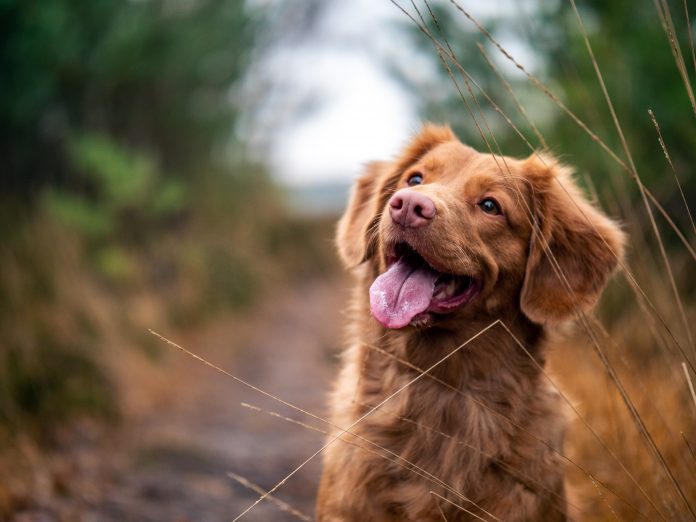Dr Christiaan Blignaut, Veternarian at George Animal Hospital, shares with us his insight on Pet Vaccination.
1. Why must I vaccinate my pet?
- Protect pets from contagious and often life-threatening diseases (e.g. Parvovirus, Coronavirus, Distemper). Young puppies especially are at great risk and mortality rates can be high.
- Protect people from zoonotic disease (disease spread between humans and animals), e.g. Rabies, Leptospirosis.
- Helps to prevent the spread of controlled diseases (“herd immunity” principle), e.g. Rabies. Herd immunity = the more animals that are vaccinated against a disease, the less room there is for the virus/bacteria to move and spread, eventually leading to complete elimination of the disease.
2. How do vaccines protect my dog?
- Certain molecules derived from the pathogen (bacteria/virus), called antigens, are introduced into the body. These antigens then trigger a reaction from the host’s immune system that leads to the production of antibodies. These antibodies then help the body ‘remember’ the virus/bacteria in the future, allowing the host’s immune system to attack and destroy the pathogen before it can spread and cause disease.
3. Which vaccines are important and which ones are optional?
- ‘Core vaccines’ are the ones that are seen as important for all dogs to receive. These are normally given on an annual basis, although some veterinarians prefer to only inoculate every second year. Core vaccines normally include two vaccinations – one being the Rabies vaccine and the other commonly known as the ‘5-in-1’ vaccines (which includes 5 pathogens including coronavirus, distemper virus, adenovirus type 2, parvovirus and parainfluenza virus).
- ‘Non-core vaccines’ are the optional vaccinations. These vaccinations are given at the owner’s request and depend on the animal’s risk of being exposed (depending on the region where the pet lives, visiting boarding kennels or travelling). Optional vaccines include the Kennelcough vaccine (Bordetella bronchiseptica), Leptospirosis etc.
- Kennelcough: Required for travelling per aeroplane and boarding at kennels. Also if your dog is often exposed to other dogs or if it is prone to developing upper respiratory infections.
- Leptospirosis: Important in the warmer coastal regions (KZN etc.)
4. When and how often must my dog be vaccinated?
- The same as with human babies, puppies need to be vaccinated from an early age to prevent their weak immune systems of being exposed.
- At birth, puppies are protected by maternally derived antibodies (antibodies they received from their mother’s bloodstream and milk), but this form of protection slowly decreases during the first couple of months.
- Veterinarians must often deal with the trauma of a family losing a young puppy or having to pay large hospital bills, because owners make the mistake of not completing the prescribed vaccination schedule or not vaccinating early enough. Below is the advised vaccination schedule for new puppies:
Age: Type of vaccine:
6-8 weeks ‘5-in-1’ (1st inoculation)
10-12 weeks ‘5-in-1’ (2nd booster) + Rabies (1st inoculation)
14-16 weeks ‘5-in-1’ (3rd booster) + Rabies (2nd booster)
- Both vaccines must be repeated annually, thereafter. (some veterinarians advise boosters every second year, but this is not the viewpoint of the author)
5. Myths and side-effects of vaccinating:
- My puppy felt sick after being vaccinated – unlikely with modern modified vaccines.
- My dog is always alone, therefore not at risk – not true, since certain viruses can spread through the air or survive in the soil for months to years.
- My puppy contracted Canine Parvovirus after it’s first vaccination – possible, but not caused by the vaccine! The animal is only fully protected after the 3rd vaccination was given. If a puppy is exposed to a disease before this has been accomplished, there is still a risk of contracting the disease.
- Possible side-effects (very rarely seen): Diarrhoea, vomiting, facial swelling, lethargy. A mild injection site reaction is more commonly observed. This manifests as a small lump under the skin, it is not serious and will disappear soon.
You can also listen to Dr Christiaan Blignaut’s Podcasts on a variety of animal topics, on the following platform: https://protectionk9trainingclub.co.za/podcasts/



